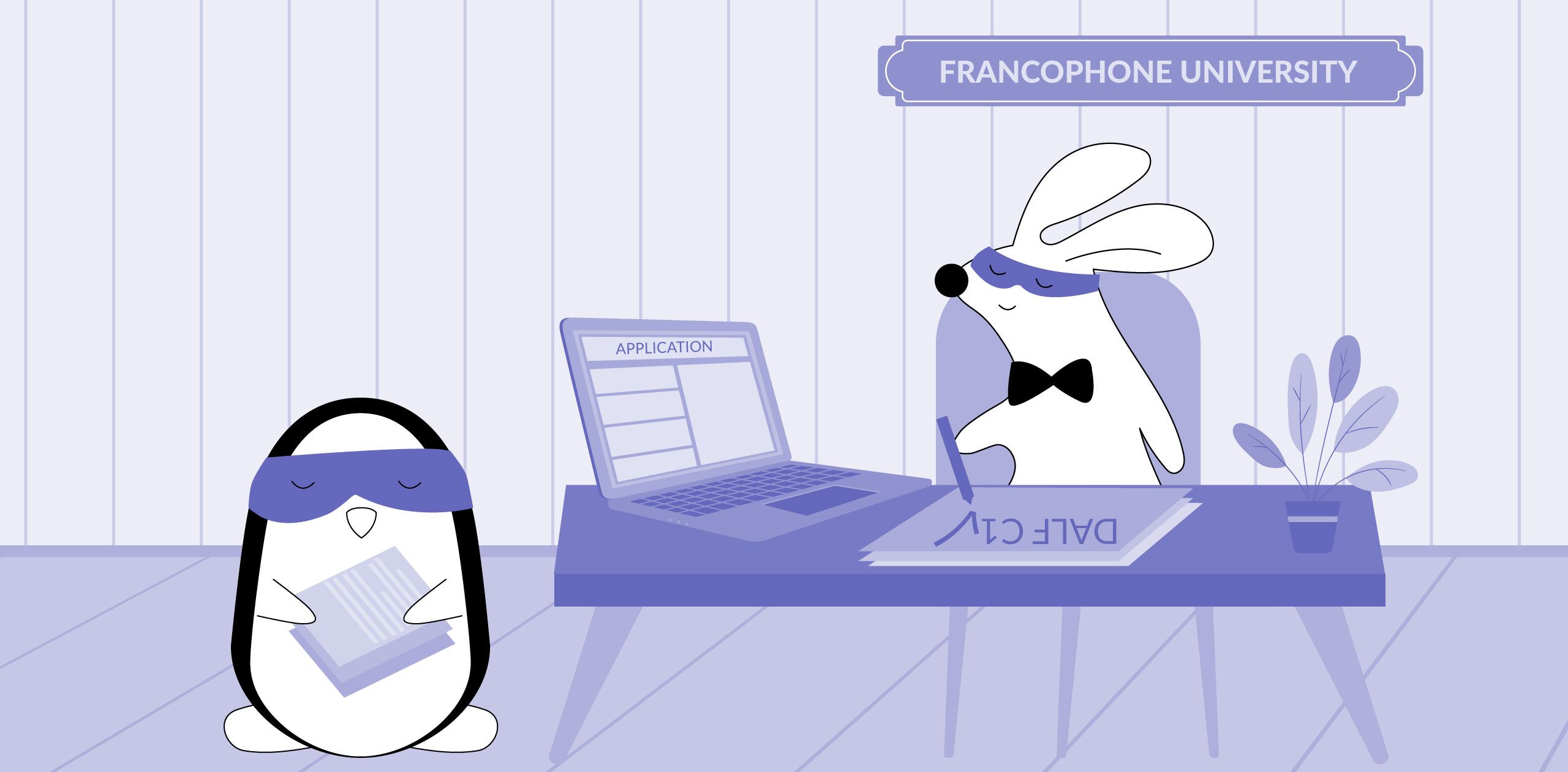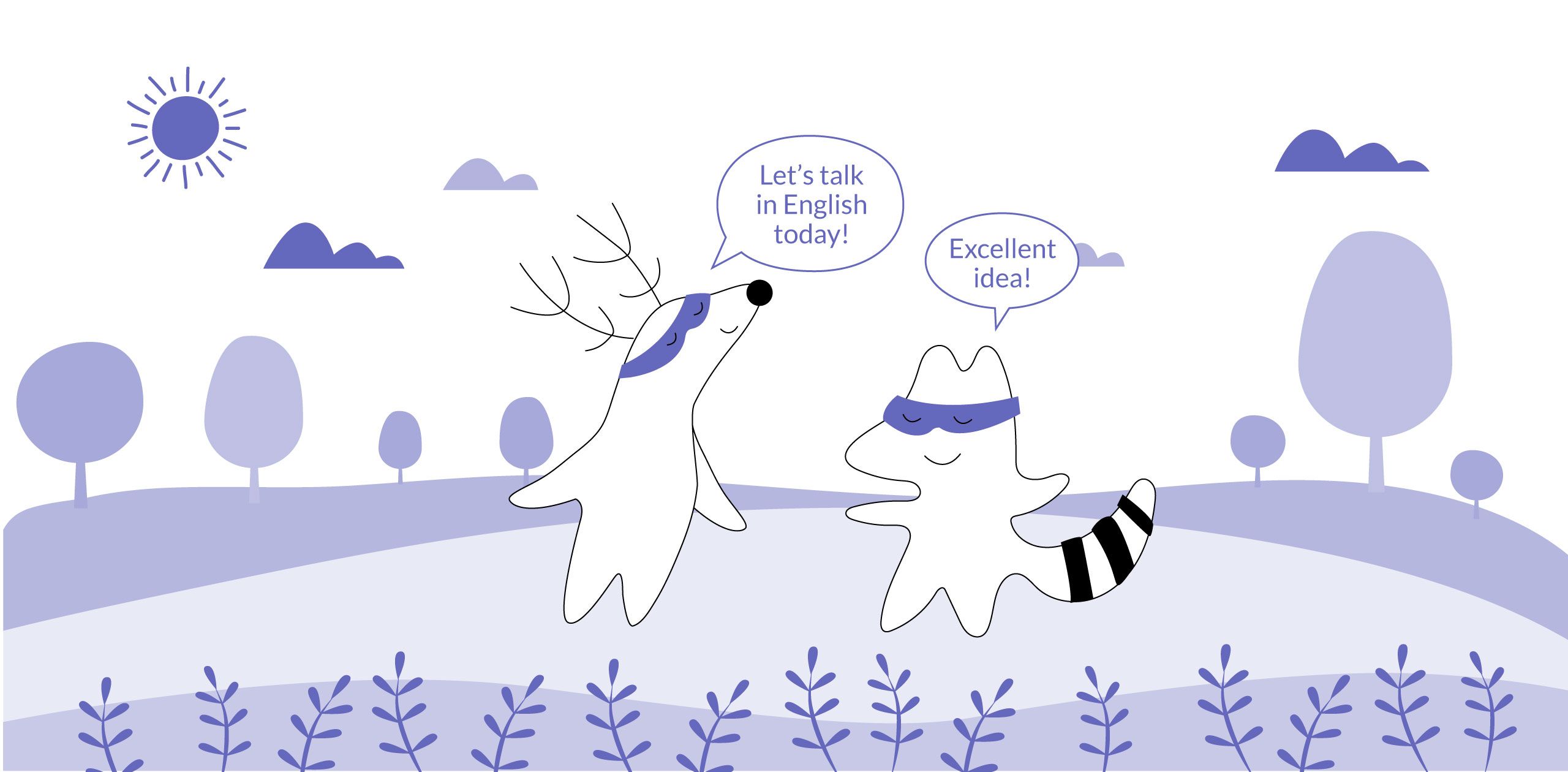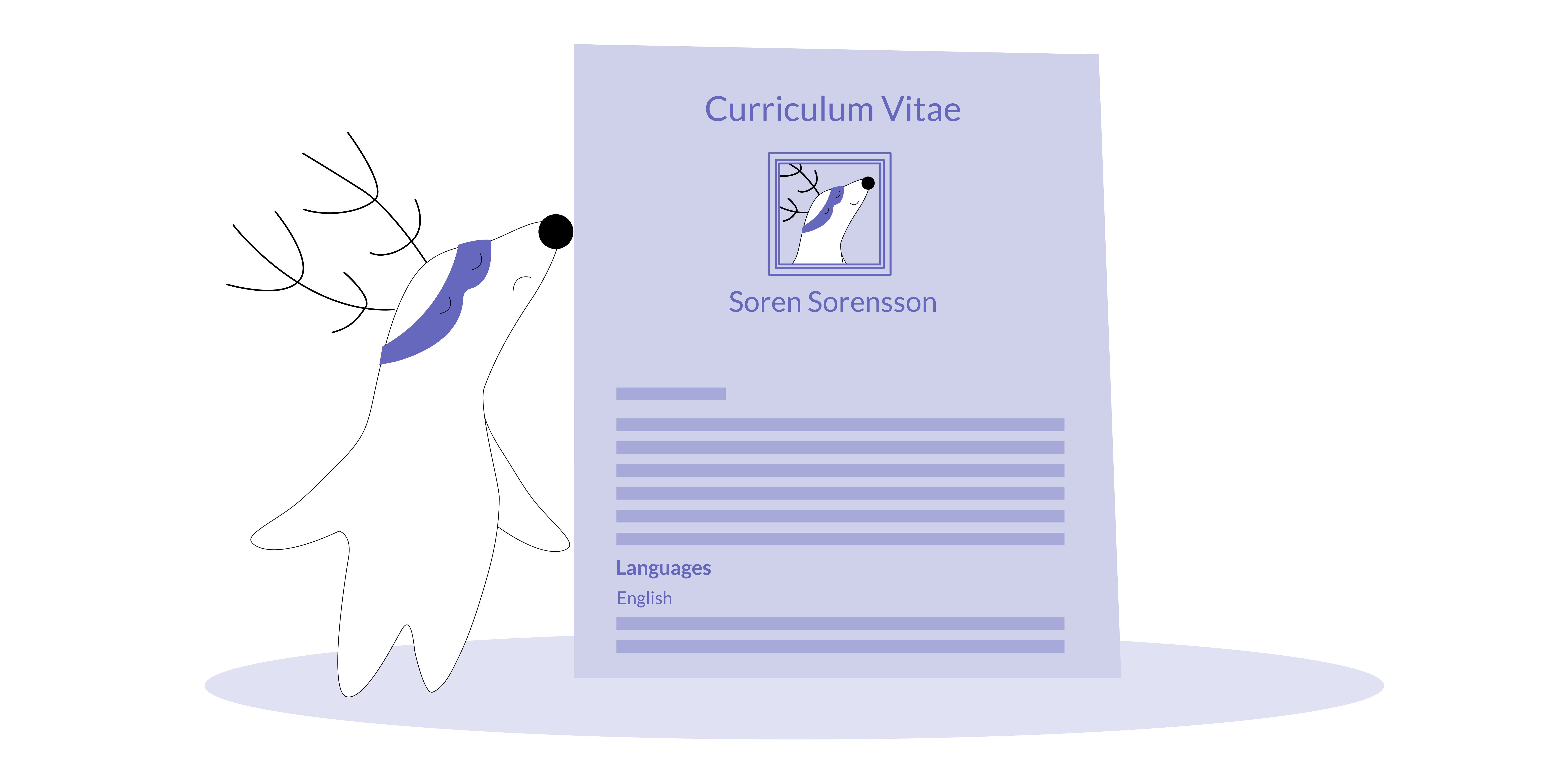
In a world of words, sounds, and expressions, languages offer us a gateway into diverse cultures and perspectives. Mastering more than one language is no small feat, but there are those who excel in this domain, effortlessly juggling multiple tongues with finesse.
They are called polyglots — the maestros of multilingualism. But, what goes on inside the minds of these linguistic virtuosos? And, how can we learn from their techniques?
From uncovering the unique characteristics of polyglots to exploring their cognitive processes and effective language-learning techniques, this article will delve deep into the fascinating world of those who can speak multiple languages.
Let us embark on this journey to decode the minds of polyglots and perhaps awaken the dormant linguist within ourselves!
Learn English with Langster
Definition of a Polyglot
The Oxford Dictionary defines "polyglot" as follows:
Adjective:
Knowing, using, or writing in more than one language.
Noun:
A person who knows, uses, or writes in more than one language.
However, this definition leaves us with a few questions: How many languages must one know to be considered a polyglot? Howfluent does one need to be in each language?
For instance, what if a person speaks five languages at an intermediate level, knows a few words in five more, but is only truly fluent in two? Does that make them a polyglot? Or, must they attain fluency in all of those languages?
How Many Languages Does It Take to Be a Polyglot?
To answer perhaps the most burning question, let's examine the linguistic classifications:
| Monolingual | Someone who speaks ONE language. |
| Bilingual | Someone who speaks TWO languages. |
| Trilingual | Someone who speaks THREE languages. |
| Multilingual | A person who speaks multiple languages apart from their native language. |
| Polyglot | Someone who can speak several languages, usually four or more languages. |
| Monolingual | Someone who speaks ONE language. |
| Bilingual | Someone who speaks TWO languages. |
| Trilingual | Someone who speaks THREE languages. |
| Multilingual | A person who speaks multiple languages apart from their native language. |
| Polyglot | Someone who can speak several languages, usually four or more languages. |
In essence, a polyglot is an individual blessed with linguistic prowess and able to speak at least four languages, often understanding even more.
The terms “multilingual” and “polyglot” can also be used interchangeably.
Fluency Factor
There isn't a specific standard of fluency required to be deemed a polyglot.
Proficiency may vary across the different languages they speak; some may sound native-like in certain tongues while possessing only conversational skills in others.
Additionally, they might comprehend additional languages due to similarities with one or ones they already know, without necessarily being fluent speakers. As such, you don’t have to actually learn tens of unique languages to be able to understand a great number of them.
It's worth noting that in some countries, being a polyglot is not considered extraordinary. In regions where there are multiple languages or dialects are spoken, it's commonplace for residents to be multilingual.
Polyglot Characteristics
Polyglots possess a distinct set of traits that enable them to conquer the complexities of multiple languages.
For starters, they often have a natural affinity for languages — an intrinsic aptitude that allows them to pick up new tongues with relative ease.
This innate talent, however, is only part of the equation. A passion for learning languages and connecting with different cultures fuels their linguistic pursuits, driving them to delve deeper into the intricacies of each language.
Moreover, exceptional memory and cognitive abilities are common among polyglots. These mental powerhouses can store vast amounts of vocabulary and grammatical rules while adeptly navigating between languages.
This remarkable skill is bolstered by persistence and dedication — the unwavering commitment to practice, refine, and expand upon their linguistic knowledge.
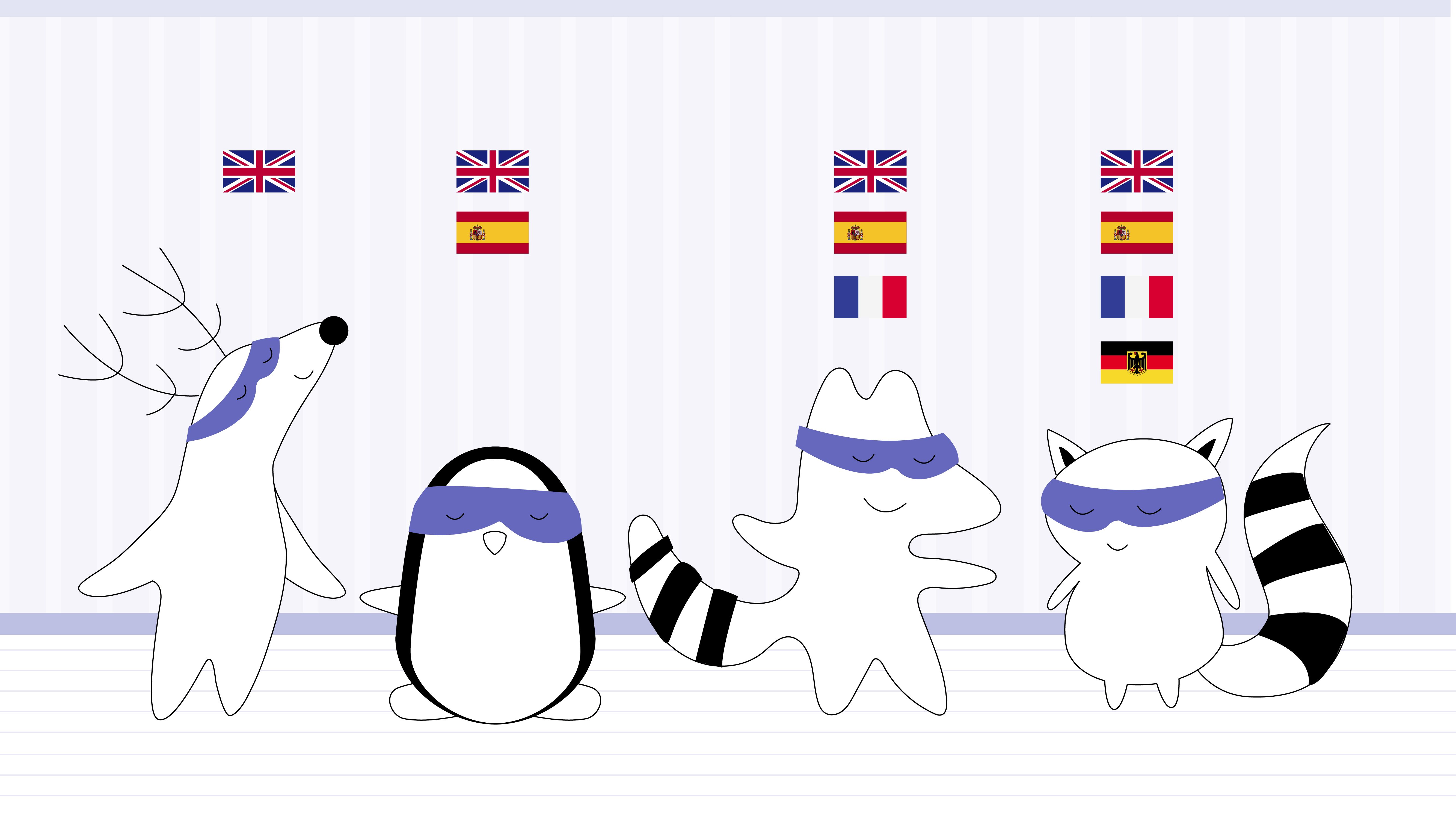
Cognitive Processes of Multilingual Speakers: A Practical Insight
The minds of polyglots are a fascinating playground for scientists studying cognition and language acquisition.
Research suggests that polyglots exhibit neurological differences in comparison to monolingual individuals, which may contribute to their heightened language abilities.
For instance, “stronger activity in executive control brain areas has been reported in bilinguals, compared with monolinguals.”
Others have further suggested that “the frequent need to manage crosslinguistic conflict in bilinguals, including switching between languages during production, leads to superior performance on some nonlinguistic executive function tasks.”
Techniques for Mastering Multiple Languages
Language acquisition and retention strategies are also of great interest when studying polyglots. To better understand the inner workings of polyglot minds, let's delve into their language acquisition and retention strategies:
- Metacognition. Polyglots often utilize metacognition — the conscious awareness and understanding of one's own thought processes — to enhance their language learning experiences. By reflecting on their learning methods, they can pinpoint strengths and weaknesses, allowing them to adapt and optimize their techniques for more effective results.
- Active listening. Multilingual speakers tend to engage in active listening when learning new languages. This involves fully concentrating on the speaker, understanding the message, and providing feedback or asking questions for clarification. This technique enables them to better grasp pronunciation, vocabulary, and grammar structures.
- Contextual learning. Polyglots often learn new languages by focusing on context rather than solely relying on rote memorization. By immersing themselves in real-life situations, they can more effectively absorb linguistic nuances, expressions, and cultural references.
- Interleaving. Another strategy employed by polyglots is interleaving — the practice of mixing different topics or aspects of a language during study sessions. This method helps them build connections between various linguistic elements and improves long-term retention.
As you can see, the cognitive processes of multilingual speakers involve a combination of unique neurological traits and practical learning strategies that contribute to their exceptional linguistic skills.

Benefits of Being a Polyglot
The perks of being a polyglot extend far beyond the realm of social chit-chat. Here are some practical benefits of mastering multiple languages:
- Global connections. Proficiency in multiple languages enables you to communicate with people from various cultures and backgrounds, fostering friendship and collaboration across borders. This enhanced connectivity can also lead to unique travel experiences and a deeper appreciation for the world's diversity.
- Cognitive advantages. Studies have shown that multilingualism is associated with improved cognitive abilities, such as enhanced problem-solving skills, creativity, and resistance to age-related cognitive decline. These mental benefits can prove advantageous in both personal and professional settings.
- Cultural understanding and empathy. As a polyglot, immersing yourself in various languages and cultures can help you develop a profound appreciation for the richness of human experiences worldwide. This increased empathy allows you to better understand and connect with people from different backgrounds, promoting compassion and tolerance.
- Career opportunities. Multilingualism can open the door to exciting career opportunities in sectors such as international business, diplomacy, education, translation, and tourism. Proficiency in more than one foreign language is highly valued by employers in today’s increasingly globalized job market.
- Personal growth. Learning new languages challenges your cognitive abilities and fosters personal development. The process of acquiring new linguistic skills can boost self-confidence, resilience, and adaptability — traits that are beneficial in all aspects of life.
By recognizing these practical benefits, you can appreciate the true value of becoming a polyglot and enjoy the myriad ways it can enrich your life both personally and professionally.
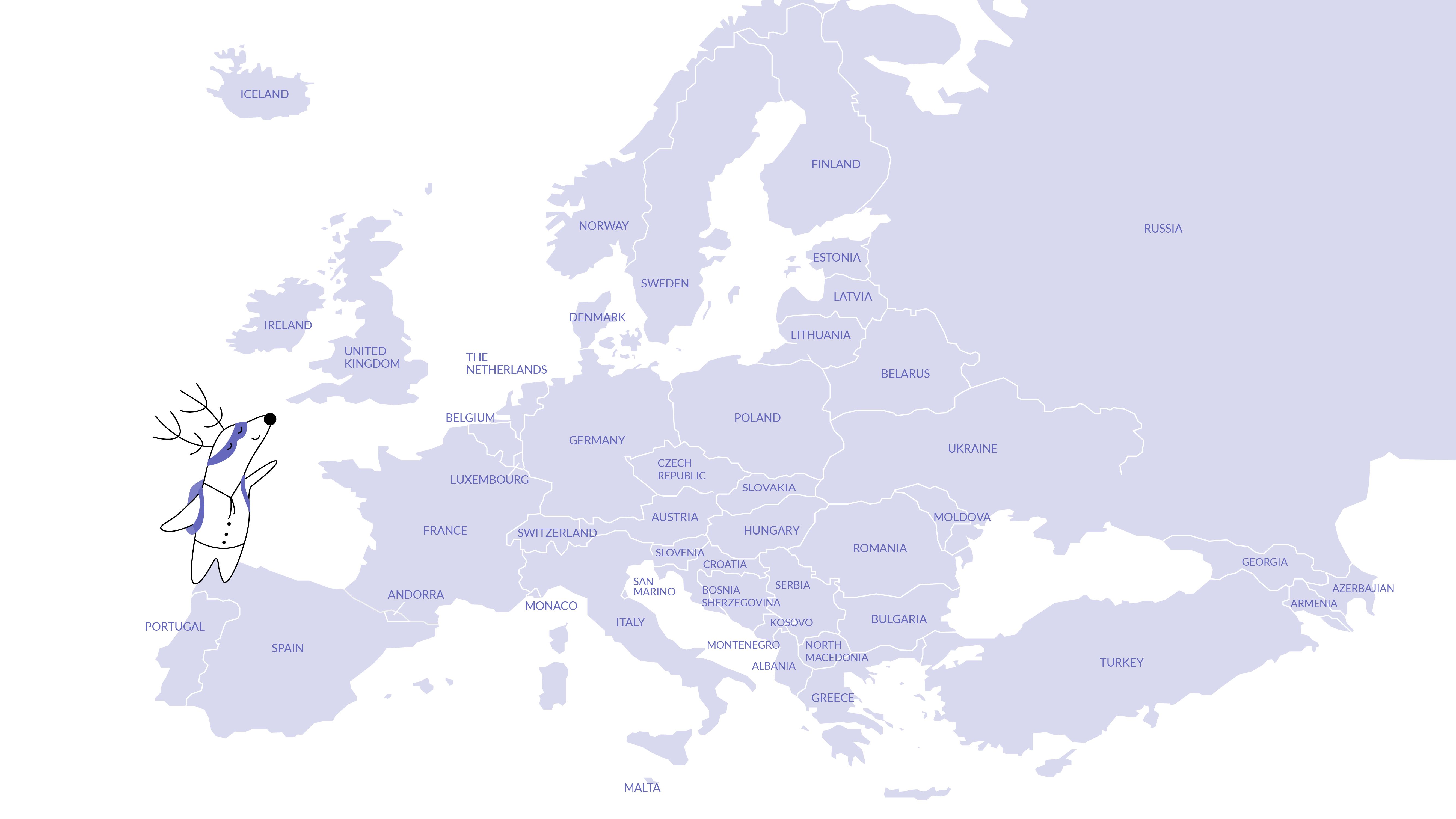
Famous Polyglots
The world has seen numerous polyglots who have left their mark in various fields — from historical figures to today’s celebrities. Here, we list some famous figures known for their remarkable linguistic abilities:
- Natalie Portman. The Academy Award-winning actress is fluent in English, Japanese, Hebrew, French, Spanish, and German. Portman's multilingualism has undoubtedly contributed to her successful acting career.
- Shakira. The global pop sensation not only captivates audiences with her music but also impresses with her language skills. Shakira speaks English, Spanish, Portuguese, Arabic, and Italian.
- Roger Federer. This tennis icon serves up more than just aces on the court; he also boasts proficiency in English, German, French, Swedish, and Italian. Federer's linguistic abilities have surely enabled him to connect with fans and fellow players around the world.
- Alicia Vikander. The talented Swedish actress is known for her roles in films such as Ex Machina and The Danish Girl. Alicia Vikander speaks English, French, Swedish, and Danish fluently.
- Cleopatra. The last Pharaoh of Ancient Egypt was a true polyglot, speaking Greek, Ethiopian, Latin, and the languages of the Hebraioi, Arabes, Syrians, Medes, and Parthians — totaling around nine languages!
- Queen Elizabeth I. As one of history's most iconic monarchs, Queen Elizabeth I possessed an impressive command of 11 languages. She spoke English, French, Flemish, Latin, Greek, Italian, Spanish, Welsh, Cornish, Scottish, and Irish.
These famous polyglots serve as an inspiration to all aspiring language learners. Their linguistic prowess not only highlights the benefits of multilingualism but also demonstrates the vast potential of the human mind to learn and communicate across diverse cultures and perspectives.
Tips for Aspiring Polyglots
For language learners eager to tap into their own polyglot potential, setting realistic language learning goals is a crucial first step.
Focus on attainable milestones and celebrate small victories along the way. Prioritize consistency and practice, dedicating time each day to hone your skills and expand your linguistic knowledge.
Embrace the challenges of discovering a new language and learn from mistakes — after all, language learning is a marathon, not a sprint. Engage with native speakers and language communities to gain valuable insights, feedback, and encouragement. Remember, the path to polyglotism is paved with patience, perseverance, and passion.
To excel in multiple languages like polyglots, consider adopting the following practical techniques they typically employ to acquire and hone their language skills:
- Immersion and exposure. Immerse yourself in the target language by surrounding yourself with native speakers and authentic materials such as books, movies, and music. This approach not only helps you grasp the language but also deepens your understanding of the associated culture.
- Code-switching. Cultivate the habit of switching between languages during conversations. This practice challenges your brain to think in different languages simultaneously, thereby enhancing fluency and flexibility across multiple tongues.
- Spaced Repetition Systems (SRS). Utilize SRS tools like flashcards or digital apps like our Langster app to reinforce vocabulary retention. By reviewing words at strategically timed intervals, you increase the likelihood of committing them to long-term memory.
- Leverage technology and online resources. Harness the power of technology by using language learning apps, podcasts, and online communities to supplement your learning process. These resources offer interactive and engaging ways to practice conversational skills, expand vocabulary, and refine grammar.
These practical tips and strategies will help you enhance your ability to master multiple languages more effectively — bringing you one step closer to unlocking your inner polyglot potential!
The Bottom Line
![] Soren, at the meeting, speaks to Iggy, Pocky, and Benji in different languages.](https://cdn.sanity.io/images/leeoh1ke/production/0b603b3b12e52abb218571cfff989b08308fb3ae-5333x3000.jpg?fit=max)
As we conclude our exploration of polyglots and their extraordinary minds, we are left with a newfound appreciation for the power of multilingualism. From their unique characteristics and cognitive processes to the myriad benefits they reap as linguistic maestros, polyglots serve as a testament to the incredible potential of the human mind.
So, why not embark on your own polyglot journey? Unlock new worlds through language, forge connections across cultures, and witness firsthand the lasting impact that multilingualism can have on both individuals and society at large.
The road ahead may be challenging, but the rewards are boundless — a symphony of languages awaits!
Learn English with Langster







